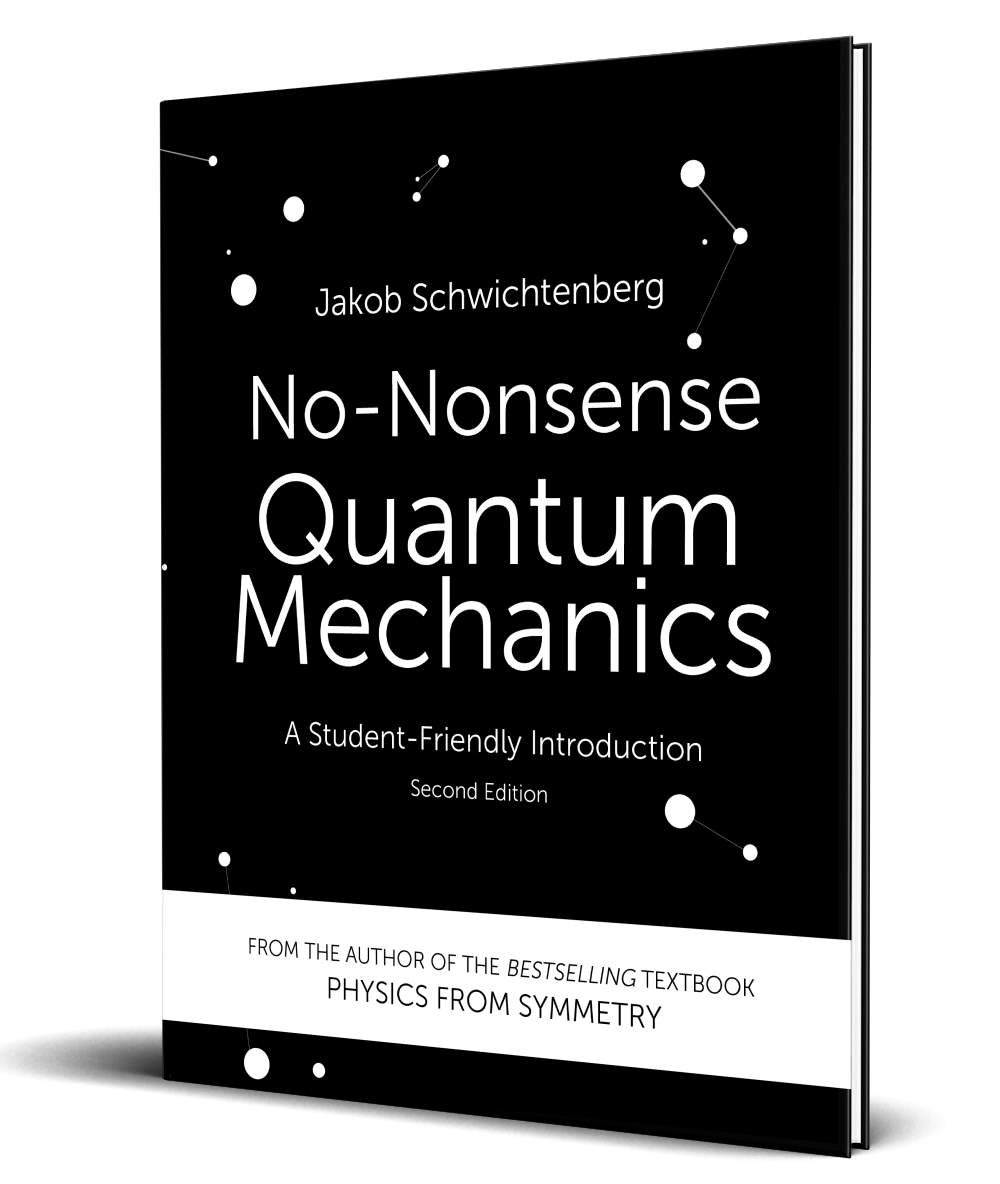As a beginner, it's easy to feel overwhelmed and stupid. It took me quite some time to realize that the main reason for this phenomenon is that most books aren't written for the reader, but for the author.
I first understood this by reading the following little sentence from the book The Variational Principles of Mechanics by Cornelius Lanczos:
"Many of the scientific treatises of today are formulated in a half-mystical language, as though to impress the reader with the uncomfortable feeling that he is in the permanent presence of a superman."
This made it click for me: It's not my fault that I'm confused all the time. Instead, the real problem is that most authors do not care about me at all. Instead, they are primarily concerned with their own reputation. Their primary focus is on how the book makes them look. That's why most books are unnecessarily complicated. If a book is hard to understand it makes the author appear like "Superman".
Also, I now know that writing a book can be extremely scary. You're exposing your thoughts to the scrutiny of the whole world. As the final deadline day comes closer the idea to remove any part that could be criticized becomes increasingly attractive. It's almost impossible to criticize some text that you don't fully understand and it's much safer to stick to the boring stuff.
For these reasons, most authors avoid any more in-depth discussion about what, say a given equation, actually means since this could quickly lead to criticism.
A third aspect that explains why so many books are hard to understand is that most of them are written by experts. While this sounds like a good thing it usually isn't. On the one hand, experts have a lot to lose and therefore do care a lot about their reputation. On the other hand, they usually suffer from the "curse of knowledge". All experts learned their field of expertise a long time ago and thus they already forgot what problems a student faces. To quote C.S. Lewis:
"It often happens that two schoolboys can solve difficulties in their work for one another better than the master can. […] The fellow-pupil can help more than the master because he knows less. The difficulty we want him to explain is one he has recently met. The expert met it so long ago he has forgotten."
Don't get me wrong. Most authors don't write books that are hard to understand on purpose. It's more of a subconscious thing. It takes a lot of training to notice these thought patterns yourself. And that's why it's so incredibly hard to write a good book.
We believe that there is a need for books that are written primarily with the readers' needs in mind and this is why NoNonsenseBooks.com exists.




